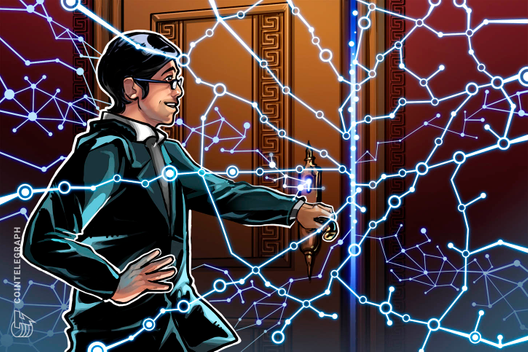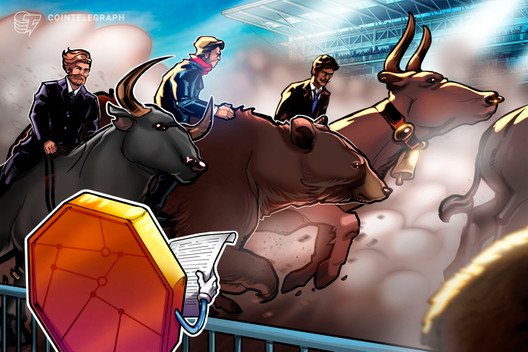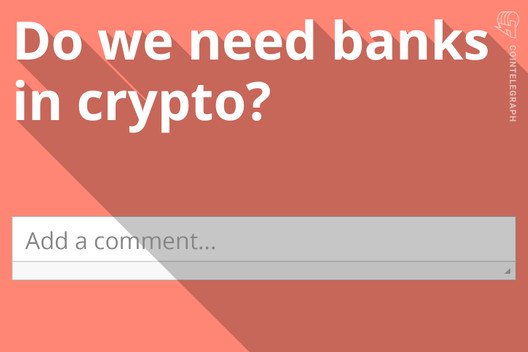South Korea excludes NFTs, CBDCs from crypto interest mandate
Users who deposit digital assets to exchanges in South Korea will be eligible to receive interest on their deposits.
269 Total views
2 Total shares

South Korean regulator, the Financial Services Commission (FSC), published a notice highlighting that by July 2024, investors in digital assets must receive interest when depositing their funds into an exchange. However, the guidance clarified that nonfungible tokens (NFTs) and central bank digital currencies (CBDCs) are excluded from the law.
On Dec. 10, local media outlets reported the FSC plans to release the legislative guidance. Despite the exclusion of NFTs, the regulator also noted that there can be exceptions. According to the report, even if the tokens are categorized as NFTs but function as a payment method and are issued in large quantities, they may be included in the virtual asset classification. In this case, the assets may be eligible for interest when deposited into exchanges.
Apart from classifying virtual assets, the South Korean regulator also determined the method for handling user deposits for virtual asset operators. The notice highlighted that exchanges must separate user deposits and their own assets and entrust these to a bank. In addition, 80% of the coins must be kept in a cold wallet.
Related: NFT trading volume nears $1B as markets turn bullish: Report
The guidance will also include requirements for preparing for hacks or other computer incidents. The regulator said that virtual asset service providers should sign up for insurance or accumulate reserves. Meanwhile, the law also prohibits the blocking deposits or withdrawals unless it’s absolutely necessary and when requested by courts and financial regulators.
South Korea has been solidifying its regulations on the crypto space. Earlier in December, financial regulators in the country asked users to report unlicensed crypto exchanges offering services within the region. The Digital Asset Exchange Association and the Financial Intelligence Unit of South Korea were in charge of the initiative.
Magazine: Lawmakers’ fear and doubt drives proposed crypto regulations in US








